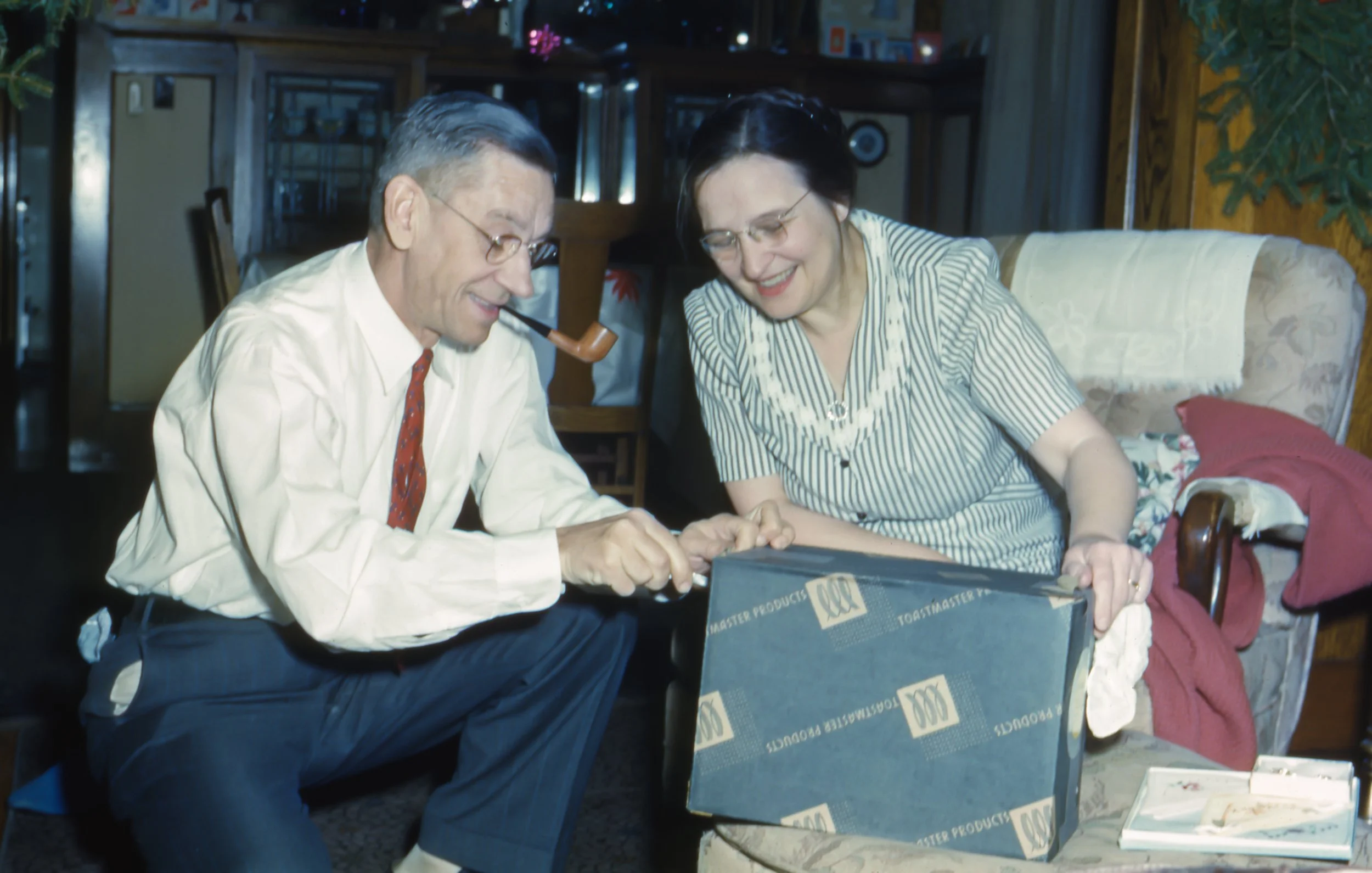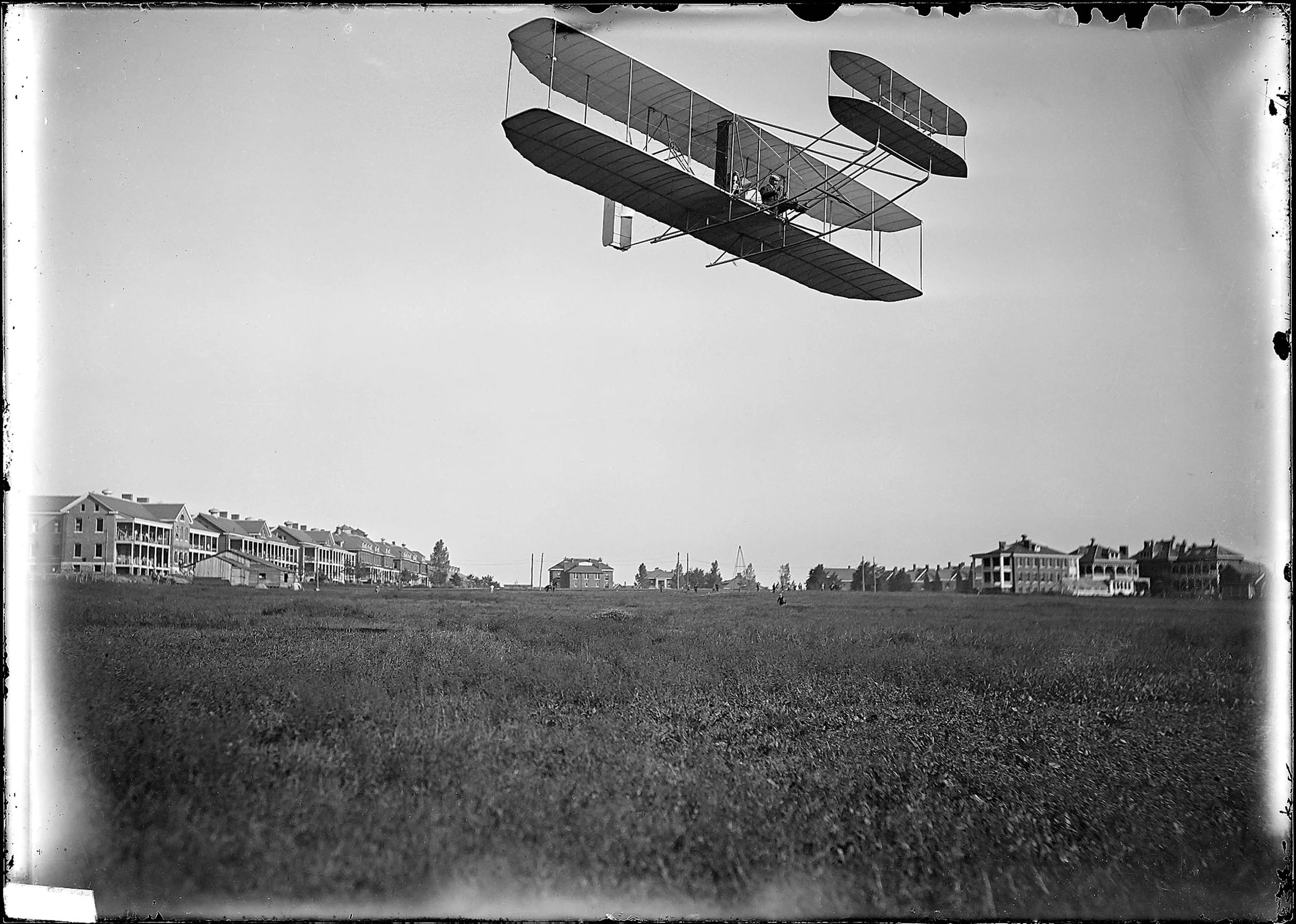Life Story Links: October 21, 2025
“Remember, you don’t have to be old to forget. Memories are fragile and easily muddled. Over time the details get fuzzy and even your most poignant memories can be contaminated by what you hear others say.”
—Terry Tempest Williams
Vintage postcard depicting an illustration entitled “A Fallen Monarch,” a forest scene, postmarked 1908 from Long Island City, New York, from the personal ephemera collection of Dawn Roode.
On writing our lives
EXPLORING ALL HIS CONTRADICTIONS
“You don’t have anywhere to hide. You’re trying to be as honest as you can be. Otherwise there’s not much point, I don’t think.” Actor Tim Curry on the memoir he wrote with the help of a collaborator.
NOW IS (ALWAYS) THE RIGHT TIME
Last week I wrote about the three most common excuses I hear for not writing about your life “yet,” and how—and why—to overcome them.
‘AN AMNESIAC MEMOIR’
“Memory is what remains of everything we’ve ever seen or heard or learned or cared about. It is who we think we are. But it’s not what is in your head. It’s what you can find in your head.” Judith Hannah Weiss on writing after a traumatic brain injury.
From our family archives
CENTROPA
“As one [Holocaust] survivor said, ...‘Everyone always asked how we died. No one asks us how we lived.’” Edward Serotta created an archive that includes more than 25,000 photographs, and, he says, “every one of them comes with a story.”
WHAT WAS BEHIND THESE EARLY SELFIES?
“On a recent visit to my mother’s house, in New Jersey, I was going through some old boxes and was stunned to find dozens of selfies taken by her father in the thirties and forties: funny ones, straight ones, flagrantly thirst-trappy ones.”
A ‘VERY ACCESS-DRIVEN’ ARCHIVE
The Texas Archive of the Moving Image combs the state in search of historical footage hidden in Texans' home movies. “The archive's website is a treasure trove of both the important and the mundane.”
PREVENTING A DIGITAL DARK AGE
“‘If you've got a book, it doesn’t matter how old it is—you can still read it,’ (provided you understand the language it is written in, of course). With floppy disks, however, you need specialized equipment just to access the content itself—it is like requiring a key to open a book.”
Where stories reside
THOMAS MALLON’S THEORY OF THE DIARY
“Before they become historical documents, diaries start out as ordinary ledgers, a frame-by-frame accounting of the moments and events of a person’s days. With the help of time, scholarship, and critical interest, they become history in miniature, an up-close look at how a life was formed and shaped by the times the diarist lived in.”
THE POWER OF OBJECTS
“When my parents moved out of my childhood house, I saved only a couple of items, in part because I had no room for all my juvenilia but mostly because I just didn’t care.” But, ah, the dress!
‘A STORY I NEEDED TO TELL’
“Ever since I was a little girl I’ve been obsessed with my grandmother’s stories about her life. When I was in high school, I started recording her telling those stories and found myself years later with this archive of her memories that I felt deeply responsible for.”
HER BOOK WAS PERCOLATING…
“I suggest: a list of people involved in the story you want to tell, a list of places...that have had an impact or left an impression, a list of objects with meaning,...and a list of ‘moments’” to help get started with memoir writing.
FOLLOWING THE CLUES
“This discovery is more than just a name—it’s the beginning of reclaiming her story”: on a 1910 photograph and how archivists and Native communities are working to reconnect families with photos related to their ancestors.
Put your headphones on…
Dr. Cheryl Svensson, Director of the Birren Center for Autobiographical Studies, discusses how a structured approach to life story writing can provide emotional support, reduce caregiver burden, and create the deep connections we all crave—even when loved ones seem disinterested at first. Listen in:
ONE DISH, ONE STORY
“This cookie is a gateway to sharing stories,” Maureen Abood tells Becky Hadeed. “I feel like writing the book, remembering the stories, and making the recipes, I was seeing my mother anew. And not just my mother, but all the women who came before”:
OMISSIONS AND EXAGERRATIONS
“Memoir means truth as we know it. Memory isn’t perfect, but inventing or hiding facts will ultimately backfire.” Florida-based memoir teacher Patricia Charpentier discusses the importance of truth in memoir in this video.
Miscellaneous family history
PIVOTAL MOMENT FOR GENETIC GENEALOGY
Most current commercial DNA tests only read about 700,000 base pairs of nucleotides, looking for shared patterns. Whole genome sequencing will read around three billion base pairs giving unprecendented insight into our genetic code—and it’s available to consumers now through MyHeritage.
...and a few more links
“I’d like photos from the family album my late brother’s wife has—can I ask her for copies?”
“This simple, powerful exercise makes you the author of your own narrative.”
Former NBA star Allen Iverson talks about his new memoir, Misunderstood.
New dementia caregiving book discusses the power of personal history.
Trendhunter says Lifenote “fills a niche between journaling tools and social media archives.”
Twenty-five years of SuperAger research show cognitive decline is not an inevitable part of aging.
Short takes









